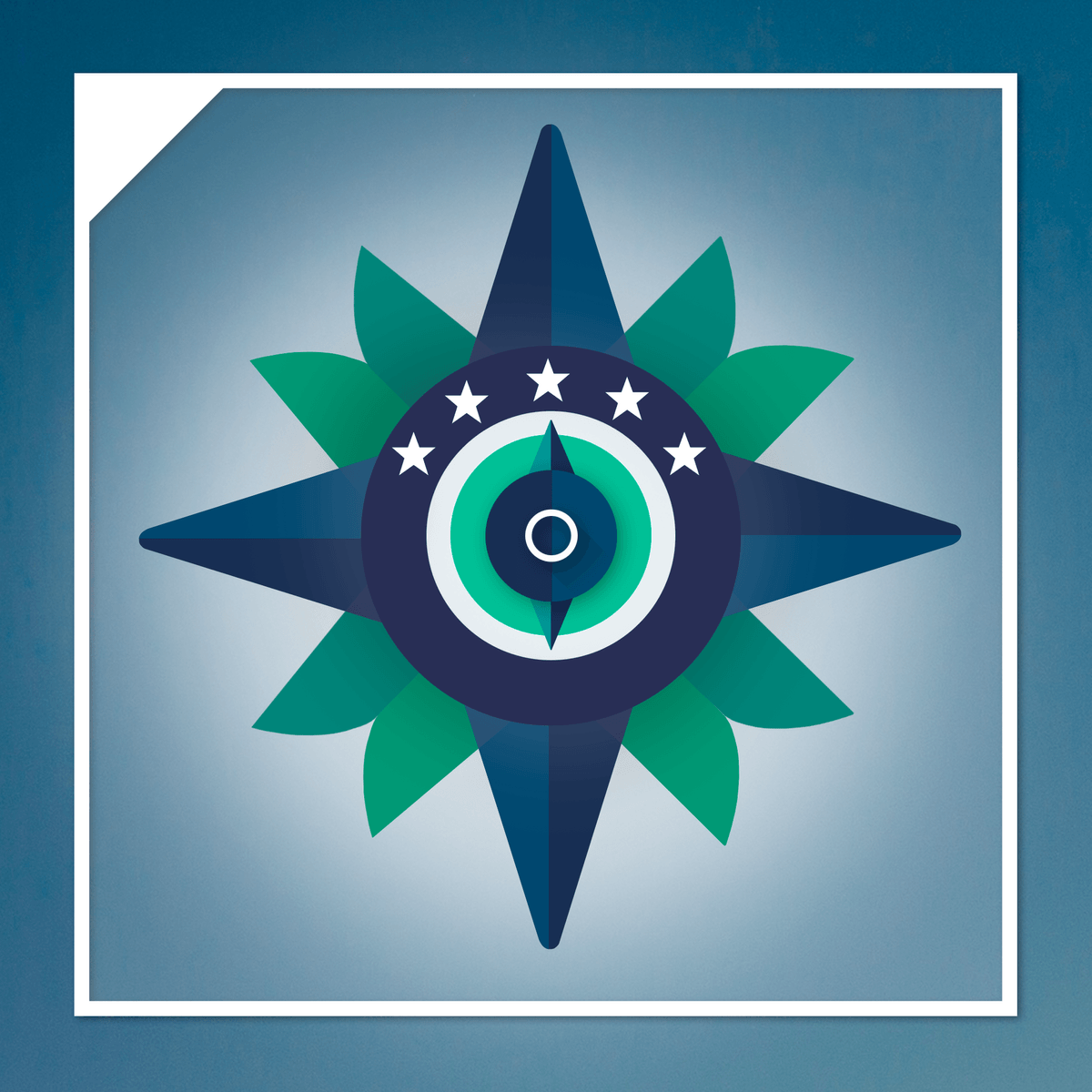
Welcome to the sustainable high-end tourism course. Why should you take this course? High-end tourism is a sector and industry that has grown in the last 50 years in an exponential way across the globe. The recent developments in our world -with globalization and sustainability- need to be addressed in this high-end industry. In this course we will have a look at what makes that high-end tourism, what is essential in high-end luxury tourism, and what is not. We'll have a look at the main elements in the sustainability aspect of delivering that service. We'll have a look at how a customer looks at those elements. Because the client's perspective is essential. Once we know that, we'll have a look at how customers experience those products and services and how we manage them. Because lest we forget working in managing high-end tourism is all about creating that added value for the customer, for the personnel, and for those companies. This course has been created through an Erasmus+ project funded by the European Union, with the participation of the Autonomous University of Barcelona (Spain), Lapin AMK (Finland), University of Maribor (Slovenia), Erasmus Brussels University of Applied Science and Arts (Belgium), and the European Center for Quality – ECQ (Bulgaria). The videos in this course have English, Dutch, Slovenian and Finnish subtitles available.
What's inside
Syllabus
Sustainable high-end tourism
In this course we will have a look at high-end tourism and its specificities. We will have a look at the main elements in the sustainability aspect of delivering that service. We will also have a look at how a customer looks at those elements. Because the client's perspective is essential. Once we know that, we will have a look at how customers experience those products and services and how we manage them. Because lest we forget working in managing high-end tourism is all about creating that added value for the customer, for the personnel, and for those companies. Therefore, the course is structured into five main modules:
1. Introduction to high-end tourism
2. High-end tourism and the three pillars of sustainability
3. Customer insight in sustainable high-end tourism
4. Marketing sustainable high-end tourism experience products and services
5. Operational management of sustainable high-end customer experience
Read more
Syllabus
1. Introduction to high-end tourism
2. High-end tourism and the three pillars of sustainability
3. Customer insight in sustainable high-end tourism
4. Marketing sustainable high-end tourism experience products and services
5. Operational management of sustainable high-end customer experience
Good to know
Save this course
Activities
Read "Luxury and Sustainability: Challenges and Opportunities"
Show steps
Develop a deep understanding of the complex relationship between luxury and sustainability to excel in the sustainable high-end tourism sector.
View
Luxury Brand Management in Digital and...
on Amazon
Show steps
-
Read the introduction and first chapter to gain an overview of the book's main arguments.
-
Summarize the key challenges and opportunities presented by sustainable luxury tourism.
-
Identify the authors' recommendations for integrating sustainability into luxury tourism operations.
Show all one activities
Read "Luxury and Sustainability: Challenges and Opportunities"
Show steps
Develop a deep understanding of the complex relationship between luxury and sustainability to excel in the sustainable high-end tourism sector.
View
Luxury Brand Management in Digital and...
on Amazon
Show steps
- Read the introduction and first chapter to gain an overview of the book's main arguments.
- Summarize the key challenges and opportunities presented by sustainable luxury tourism.
- Identify the authors' recommendations for integrating sustainability into luxury tourism operations.
Career center
Luxury Travel Agent
Risk Manager
Corporate Social Responsibility Manager
Sustainability Manager
Environmental Health and Safety Manager
Compliance Manager
Sustainable Tourism Consultant
Sales Manager
Business Development Manager
Public relations manager
Marketing Manager
Hospitality Manager
Event Planner
Tourism Operations Manager
Destination Management Organization (DMO) Executive
Reading list
Share
Similar courses
OpenCourser helps millions of learners each year. People visit us to learn workspace skills, ace their exams, and nurture their curiosity.
Our extensive catalog contains over 50,000 courses and twice as many books. Browse by search, by topic, or even by career interests. We'll match you to the right resources quickly.
Find this site helpful? Tell a friend about us.
We're supported by our community of learners. When you purchase or subscribe to courses and programs or purchase books, we may earn a commission from our partners.
Your purchases help us maintain our catalog and keep our servers humming without ads.
Thank you for supporting OpenCourser.



